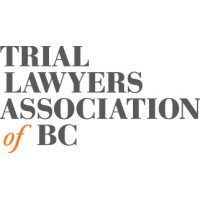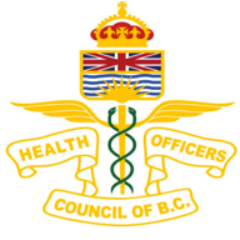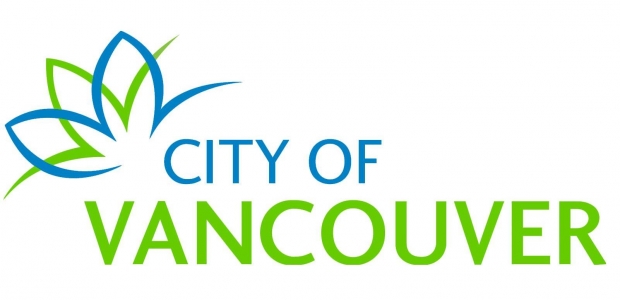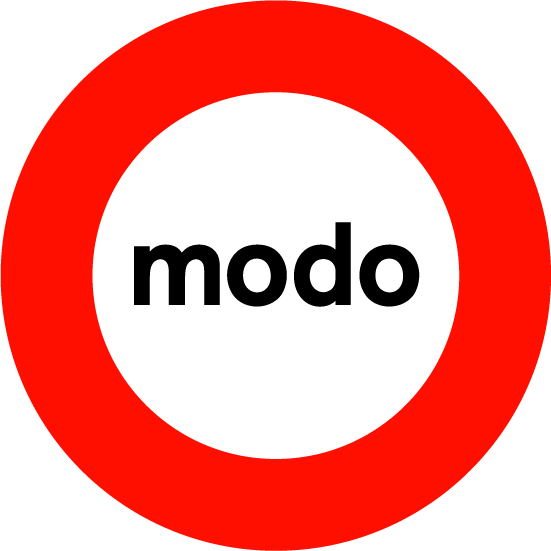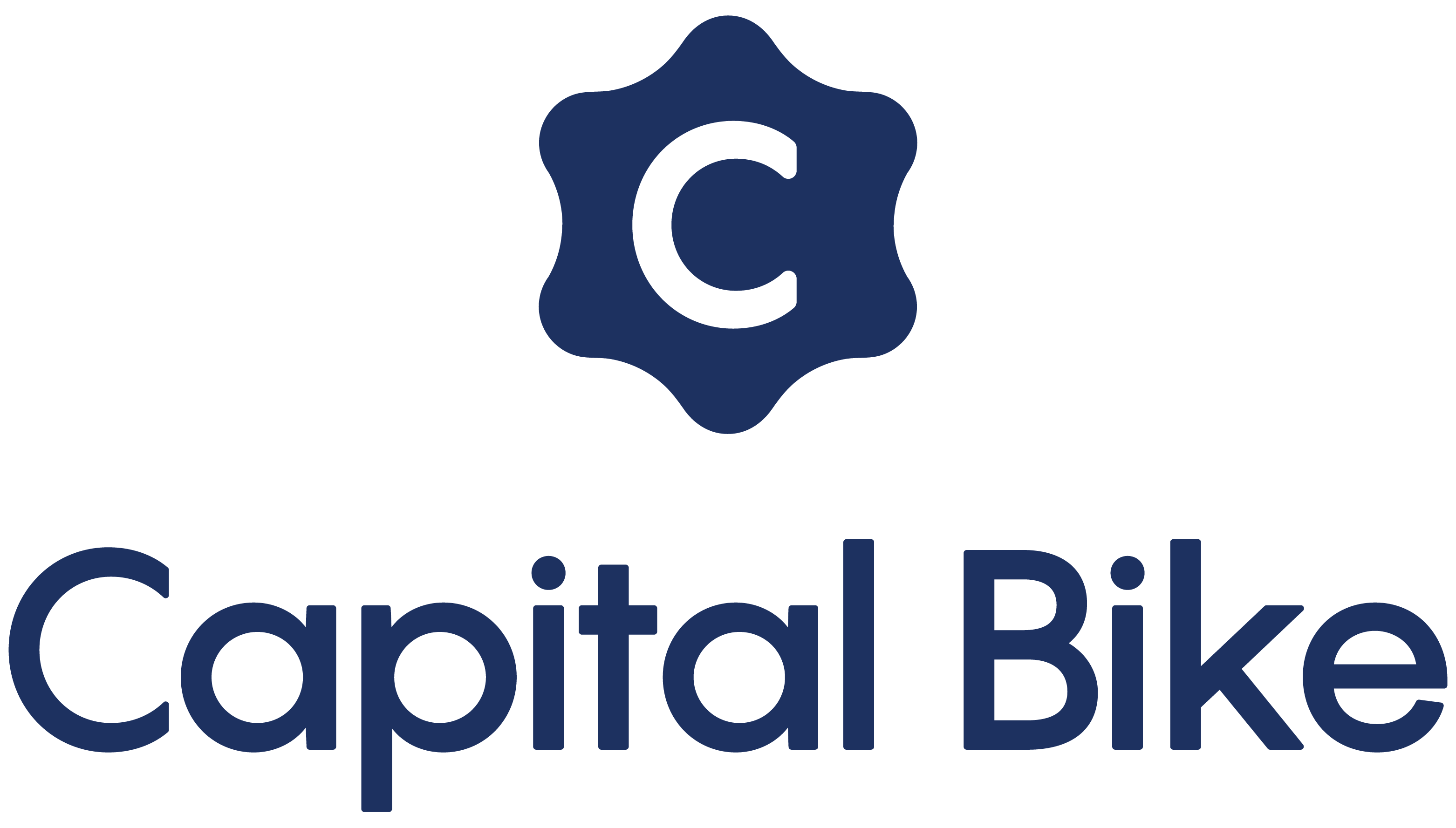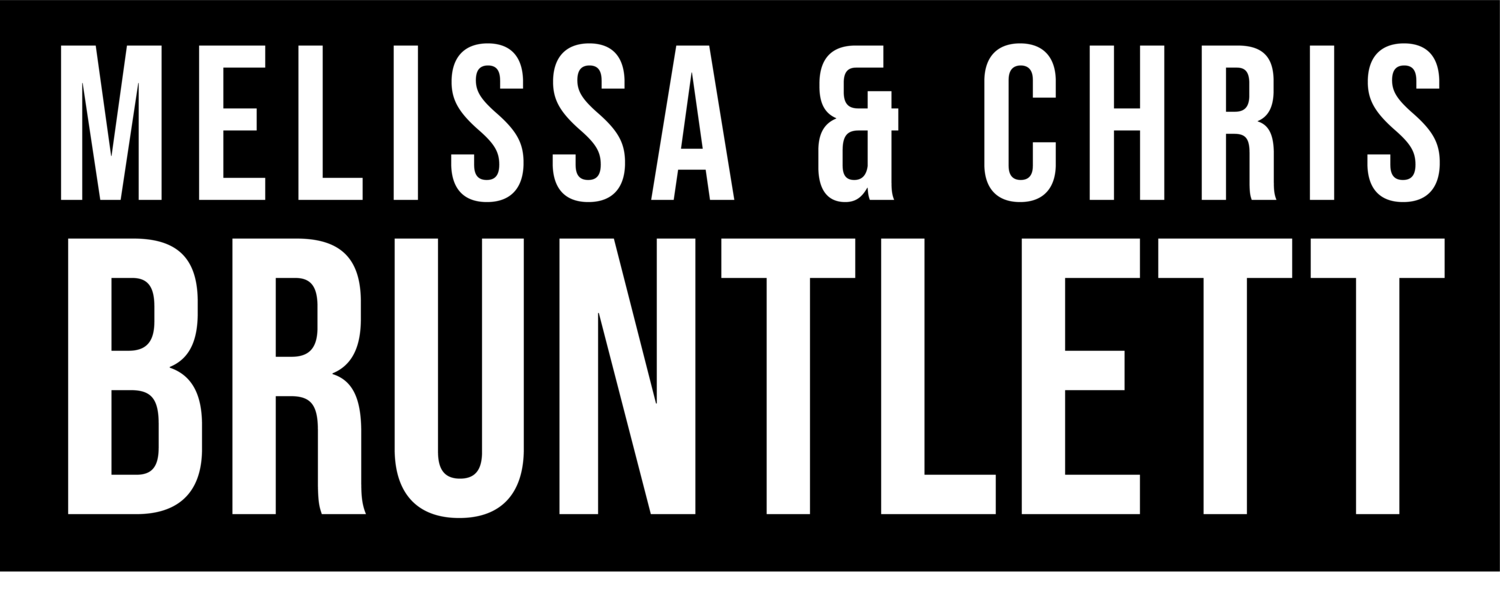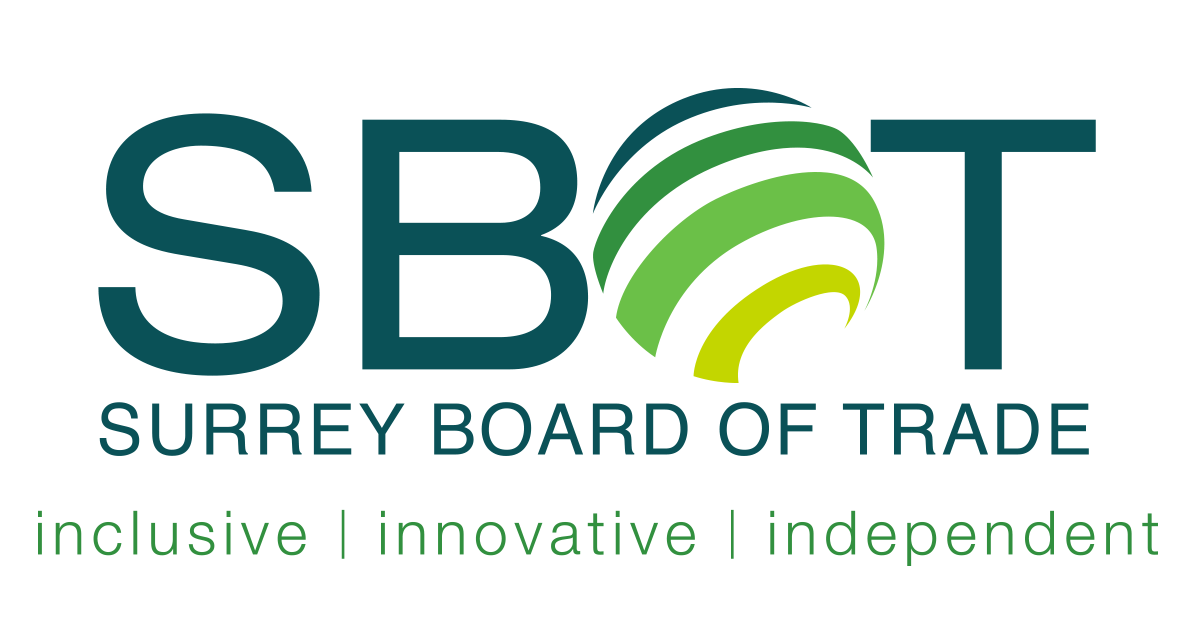Main menu
BC Motor Vehicle Act (MVA) Reforms

Modernizing the BC Motor Vehicle Act (MVA)
HUB Cycling collaborates with the BC Cycling Coalition and many other advocacy groups to support laws that better protect people walking, cycling, and rolling. Since 2016, we have made several recommendations to the Provincial Government. To achieve the safest roads in North America, BC will need to invest in evidence-based reforms and a culture shift for road safety and equity.
We seek to make our roads safer for vulnerable road users, including people walking, cycling and rolling. We advocate for safer infrastructure as well as evidence-based reforms to the Motor Vehicle Act. We support reforms that prioritize safety and equity, and encourage automated enforcement of road infractions. We also advocate for reforms that will increase the use of bikes for transportation. Safety in numbers is a well-established phenomenon in cycling safety: when more people cycle in a city, injury rates decrease.
Ready to help make our roads safer for everyone?
Add Your Organization’s Voice.
Join HUB Cycling’s advocacy effort to reform the outdated Motor Vehicle Act so that people walking, cycling, and rolling are protected, respected, and valued.
- Push for mandatory safe passing distances
- Help make intersections safer for all modes, including people driving vehicles, transit vehicles and vulnerable road users like people walking, cycling, rolling or using wheelchairs.
Together, we can build a culture where our transportation system works for people, not just vehicles.
To achieve the safest roads in North America, BC will need to invest substantially more in safe infrastructure and update its laws. Larger and heavier vehicles are more prevalent on our roads, further putting people walking, people cycling and people rolling at risk. We hope the Province will take the steps necessary for us to truly reach Vision Zero and reach our sustainable mode share targets.
In spring 2023, the BC Government passed Bill 23, addressing some of these recommendations, including adding a vulnerable road user definition, a safe passing distance and stronger penalties for unsafe behaviour around vulnerable road users. Bill 23 is a first step to reforming the outdated Motor Vehicle Act. However, there is still much more work to be done. We have identified 25 further recommendations for changes to British Columbia’s traffic legislation.

Priority recommendations summary
| Recommendations | Protect vulnerable road users* | Encourage more cycling* | Improve equity* | Total Score |
|---|---|---|---|---|
| 1. Default 30 km/h for local no center line streets | 5 | 5 | 3 | 13 |
| 2. Disallow right turns on red for motor vehicles (allow people cycling) | 5 | 4 | 3 | 12 |
| 3. Welcome wheelchairs and mobility scooters on cycling routes | 5 | 1 | 5 | 11 |
| 4. Allow small children using active devices on sidewalks | 4 | 3 | 3 | 10 |
| 5. Require 3-second following distance behind vulnerable road users | 4 | 3 | 3 | 10 |
| 6. Fine blocking of active transport or transit lanes/allow automated enforcement | 5 | 2 | 3 | 10 |
| 7. Allow people cycling/micromobility to use pedestrian phase at LPIs | 4 | 3 | 3 | 10 |
| 8. Remove the mandatory adult bike helmet law | 1 | 4 | 5 | 10 |
| 9. Make elephants feet/cross rides a provincial standard | 4 | 3 | 3 | 10 |
| 10. Expand use of GPS aware speed limiters | 4 | 4 | 2 | 10 |
| 11. Introduce stop sign as yield law for people cycling | 2 | 2 | 5 | 9 |
| 12. Section 158 of the MVA should be amended to allow people cycling and using wheelchairs or mobility scooters to pass on the right side of motor vehicles on any shoulder or bikeway | 1 | 3 | 5 | 9 |
| 13. The MVA should be amended to reduce the threshold (number of penalty points) before a driver’s license is suspended, increase the duration of suspensions, and implement driving prohibitions after multiple offences. Fines should be increased for drivers of large SUVs and pick-up trucks over a specific weight, given their increased risk to vulnerable road users. Mandatory license retraining and retesting should be more commonplace. | 4 | 3 | 2 | 9 |
| 14. Sections 183(3) and 183(4) of the MVA should be amended to allow bicycles in bus lanes eg: “For purposes of 2(c), where a bus lane forms the rightmost lane on a highway, a cyclist shall ride as near as practicable to the right side of the bus lane” | 4 | 3 | 2 | 9 |
| 15. Subsection 183(17) of the MVA should be amended to provide that the duty to signal applies only where traffic may be affected, to expand the manner in which cyclists may signal a turn, to repeal the requirement to signal a reduction in speed and provide an exception to the requirement to signal where signaling is unsafe | 4 | 0 | 2 | 6 |
↓ Download the complete list of HUB Cycling's Updated List of Recommendations (2024, PDF).
The following organizations have endorsed these recommendations.
Vision Zero Vancouver
Mobi by Rogers
Movement: Metro Vancouver Transit Riders
BEST Mobility
Lime
↓ Download the complete list of Road Safety Law Reform Group of British Columbia's Recommendations Paper. (2018, PDF).
The following organizations endorsed the 2018 position paper.

